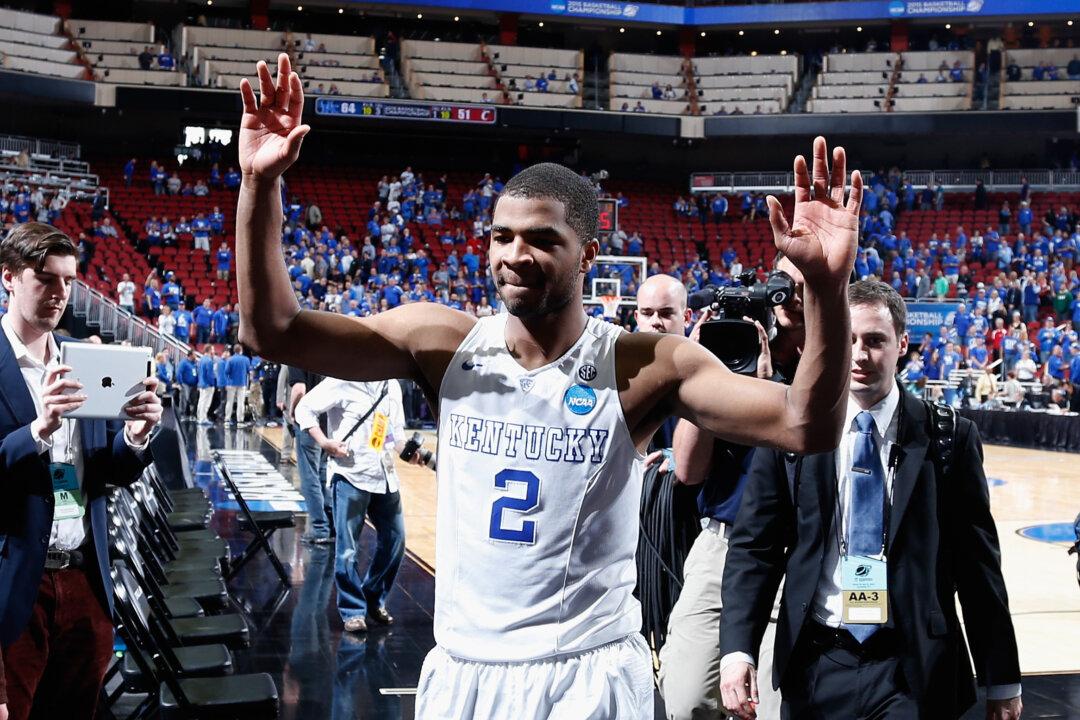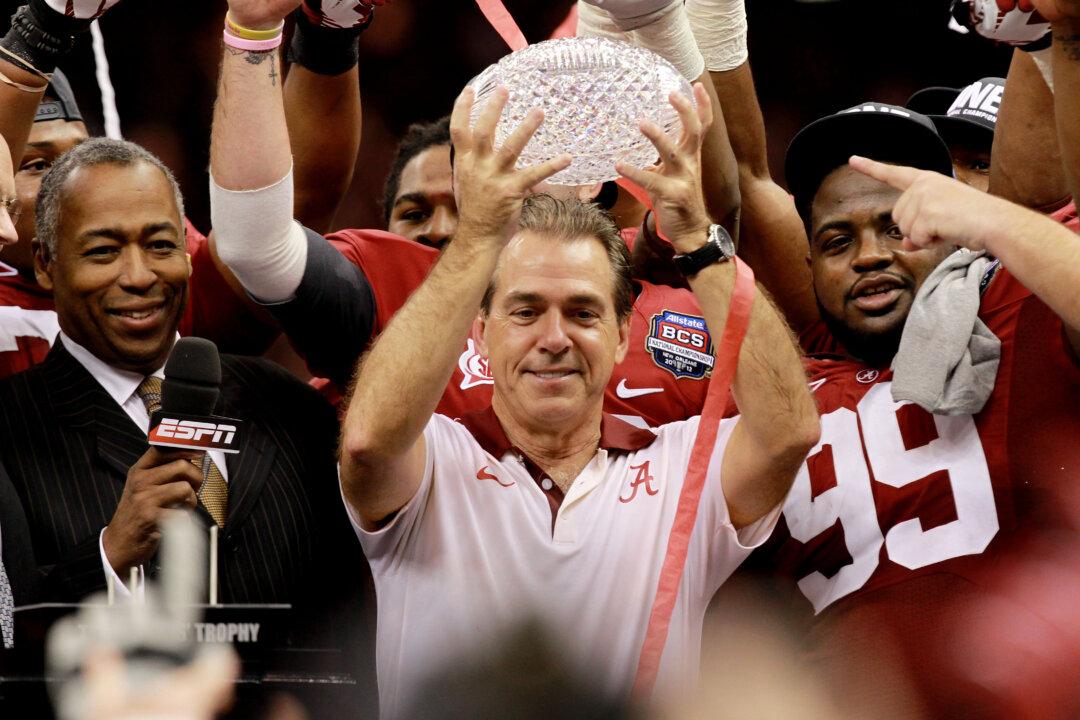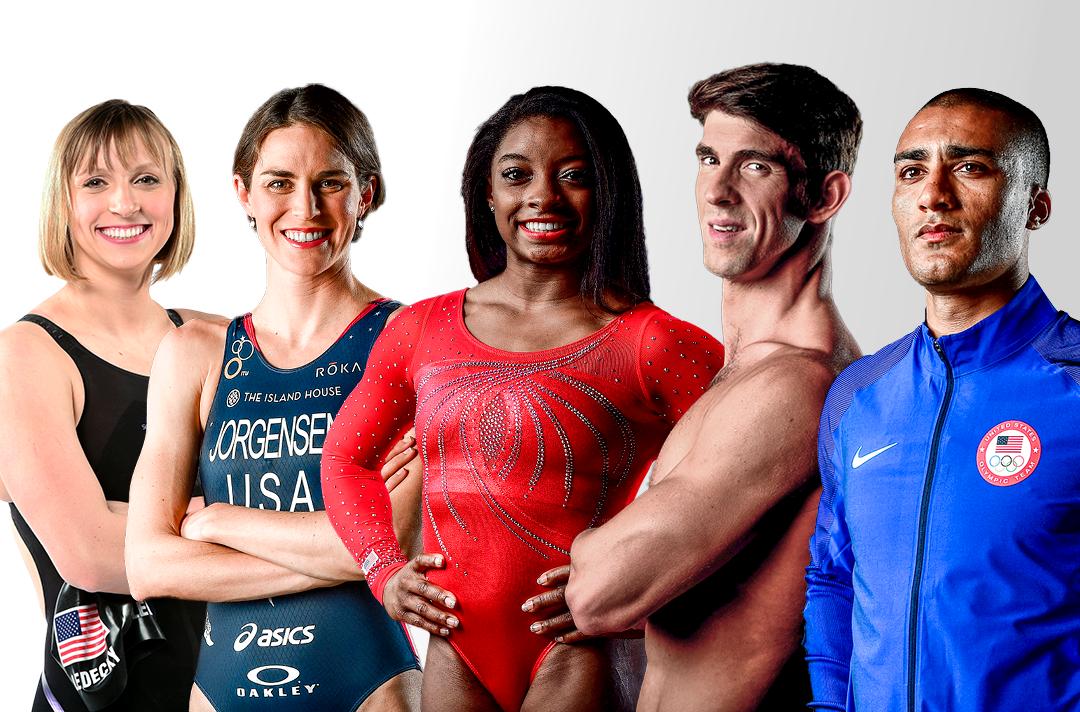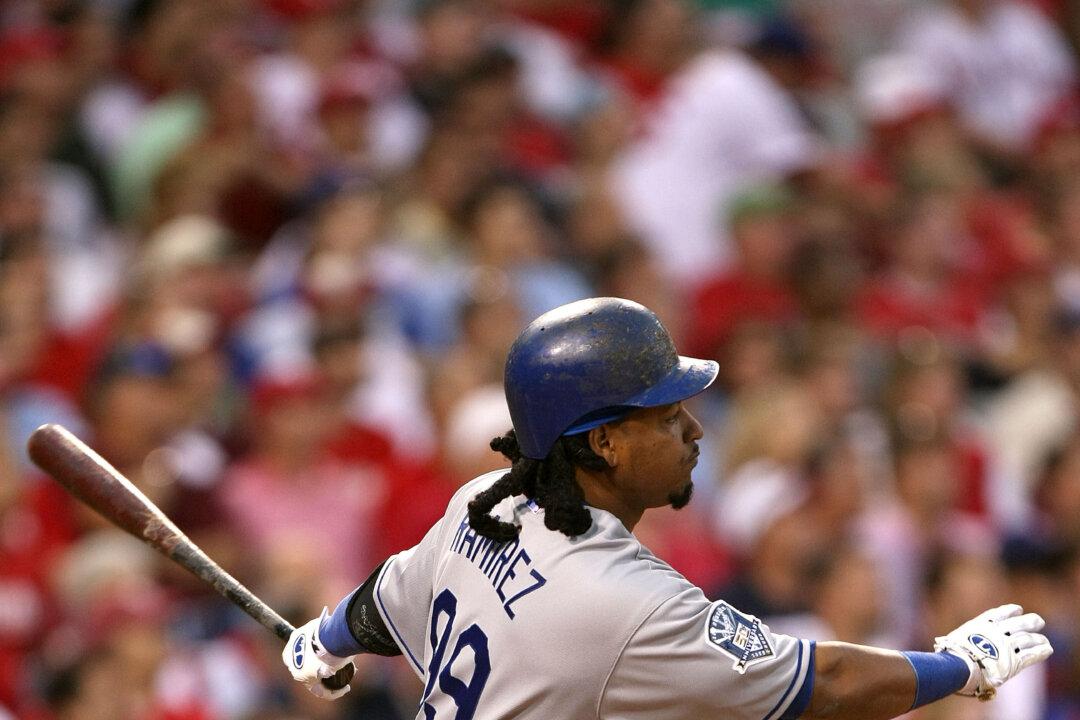I’m notorious for changing my mind. When I made my Super Bowl pick just a couple months ago, I originally said New England would pull the upset. (I figured the Seahawks were too emotionally gassed after their improbable comeback over Green Bay.)
Then deflate-gate happened and I panicked—much like Seattle’s play-calling at the end. (Why they were more worried about two or three play-calls ahead in the final seconds is anyone’s guess.)
This year, I’ve been back-and-forth on Kentucky.
Not whether they’re the best team in the country—they are by a mile—but whether they'd run the table and go 40–0, when it’s been nearly 40 years since a team finished undefeated.
Right now they’re entering the toughest part of this historic run (no one’s ever been 36–0) and I don’t see any flinching on their end.
Saturday’s win over Cincinnati reinforced everything we loved about this team. The Wildcats are immensely talented, are well-coached by a guy who knows more than just Xs and Os (John Calipari is a master psychologist to boot), and plus they have the best and most aggressive defense—by another mile.
What makes their defense so great is that they have so many good shot-blockers in Willie Cauley-Stein, Karl-Anthony Towns, and Dakari Johnson—and I haven’t even mentioned their perimeter stars yet.






